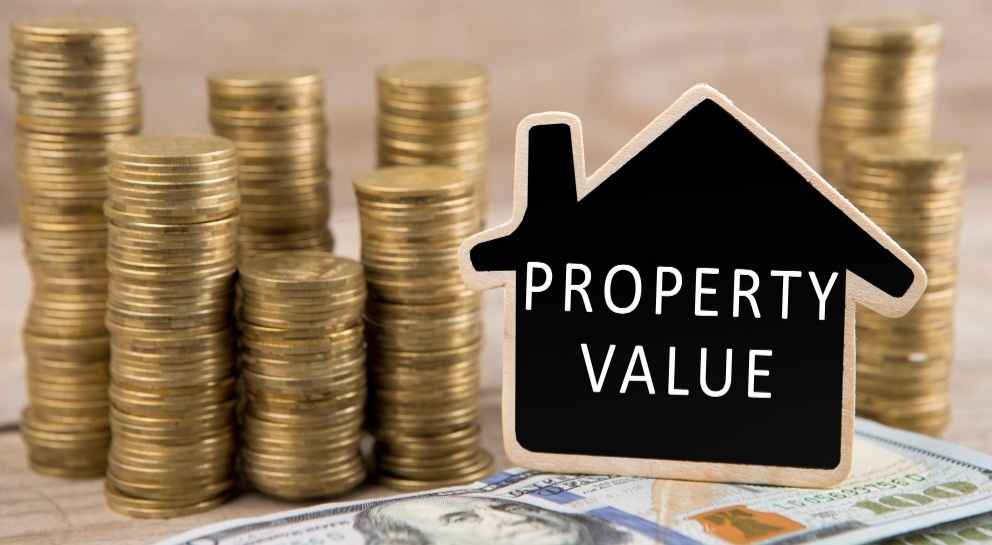Here's a more detailed breakdown of what brings down property values in South Africa, with real-world context and examples where relevant:
1. High Crime Rates
- Impact: Areas with high incidences o
- house break-ins, hijackings, or violent crime often see a drop in property demand, leading to lower prices.
- Example: In parts of Johannesburg or Cape Town, suburbs adjacent to known high-crime zones often struggle to attract buyers, even if the properties themselves are in good condition.
- Investor View: Buyers prefer secure estates, suburbs with neighborhood watch groups, or areas with good security infrastructure.
2. Economic Instability
- National Level: South Africa's economy has struggled with low growth, high unemployment, and currency volatility. These reduce consumer confidence and the number of qualified homebuyers.
- Interest Rates: When the South African Reserve Bank (SARB) raises interest rates to fight inflation, monthly bond repayments increase, lowering affordability.
- Effect: A smaller buyer pool means sellers may have to reduce prices to sell.
3. Municipal Service Delivery Failures
- Infrastructure Problems: Consistent issues with water supply, power outages (load-shedding), refuse removal, and road maintenance create a perception of decline.
- Local Governance: Municipalities with poor management or financial trouble often fail to maintain infrastructure, leading to decay.
- Example: In some areas of the Eastern Cape or Limpopo, service delivery protests and municipal dysfunction have made residents consider relocating, lowering property values.
4. Land Reform Uncertainty & Political Risk
- Policy Uncertainty: Fears over land expropriation without compensation (EWC), although currently limited in impact, have created hesitation in parts of the market.
- Investor Confidence: Local and foreign investors may avoid areas where property rights are perceived as insecure.
5. Overdevelopment or Poor Zoning
- Unregulated Growth: In some suburbs, unchecked densification or informal settlements may lead to infrastructure strain (traffic congestion, sewer issues).
- Visual Impact: Shantytowns or industrial developments near residential zones can negatively affect aesthetics and perceived safety.
- Example: In some Gauteng suburbs, sudden rezoning for high-density flats has made older, freestanding homes less desirable.
6. Environmental and Infrastructure Risks
- Flooding & Soil Instability: Poor drainage, especially during heavy summer rains, can damage homes and deter buyers.
- Load-Shedding Impact: Frequent blackouts affect security systems, water pumps, and general quality of life — this reduces buyer interest in areas with no alternative energy solutions.
- Example: Areas with frequent water cuts or sewer leaks, especially in older towns, tend to lose value.
7. Lack of Access to Amenities
- Education & Healthcare: Suburbs without good schools or hospitals are less attractive to families.
- Public Transport: Especially for lower- and middle-income areas, lack of reliable transport (e.g., taxis, trains) limits growth potential.
- Example: Properties far from retail hubs or lacking fiber internet connectivity also struggle to maintain competitive value.
8. Property Neglect or Urban Decay
- Maintenance: If owners can’t maintain homes or communal spaces, the whole area starts to deteriorate.
- Vacancy Rates: Empty homes attract vandalism and squatters, which in turn repel buyers and renters.
- Example: Inner-city areas like parts of Johannesburg CBD have seen this — historic buildings become rundown, and crime increases, dragging down surrounding property values.
Summary
Property values in South Africa are highly sensitive to a combination of socioeconomic, political, and local infrastructure issues. While some of these are national (like interest rates or land reform policies), many are hyper-local — meaning one street might be highly desirable while another nearby may see price drops due to crime or poor services.












No comments:
Post a Comment